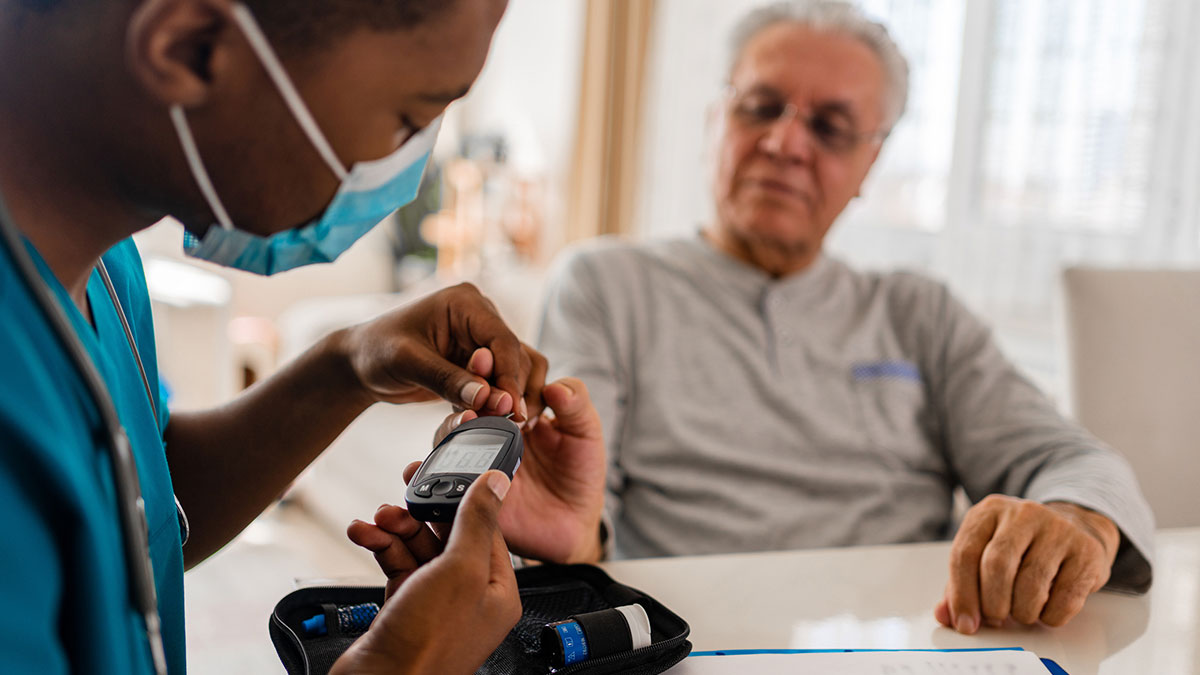Diabetes is a significant global health concern, impacting hundreds of millions of people worldwide. Its diversity of type and its many forms makes it difficult to treat. The heterogeneous nature of diabetes encompasses its various causes, clinical manifestations, and prognoses.
A new consensus report, published in Nature Medicine, highlights how precision medicine aims to make meaningful strides towards improving the lives of people living with diabetes.
The report from an international collaboration of more than 200 academics – including Trinity scientists – in 28 countries highlights opportunities for the immediate or near-term adoption of precision diabetes medicine in clinical practice, while also emphasising the critical knowledge gaps that are essential to address.
The collaboration, Precision Medicine in Diabetes Inititative (PMDI), produced the report, and its findings are supported by the American Diabetes Association (ADA), the European Association for the Study of Diabetes (EASD) and the Novo Nordisk Foundation.
“It has involved a tremendous amount of work by many of the world’s experts in precision diabetes medicine,” says Prof John Nolan, executive committee member of the PMDI and Adjunct Professor in the Department of Clinical Medicine, Trinity College Dublin. “This is a major step forward in diabetes care. Accurate and precise diagnosis of the sub-type of diabetes is key. Everything around planning for treatment and prognosis relies on this. Misdiagnosis is not uncommon,” he says.
Hopeful prospects
Diabetes is categorised into several types: type 1 and type 2 diabetes being most prevalent, along with gestational diabetes, monogenic diabetes, and other rare forms of the disease. Diabetes poses a substantial risk of life-threatening complications and premature death.
Prof Nolan defines precision medicine as “an approach that uses person-level information to help minimise error in medical decisions and health recommendations”. The goal is to improve health outcomes, cost-effectiveness, and health equity.
The application of precision medicine in diabetes prevention and care offers hopeful prospects for reducing complications and fatalities.
Key takeaways
Clear progress in implementing precision diabetes medicine, shedding light on opportunities for its immediate or near-term clinical application. For instance, precision medicine plays an essential role in diagnosing and treating monogenic diabetes, thanks to major advancements in genetic testing.
Precision medicine shows potential in managing gestational diabetes. Notably, specific maternal characteristics have been identified as predictive factors for the success or failure of treatment; these include age, BMI, and a family history of diabetes. Moreover, evidence supports the notion that maternal variables such as BMI, insulin sensitivity, insulin secretion, and dyslipidaemia can contribute to more precise diagnostic assessments.
In type 1 diabetes prevention, the report identifies genetic risk classification as one of the most promising areas for immediate clinical implementation. There is potential to provide immune interventions for those at highest risk of disease progression.
Routine clinical features can help predict how well different types of drugs work when treating type 2 diabetes, and how this common form of diabetes can be sub-classified into more precise sub-types.
While the consensus report highlights areas where precision medicine can have an impact in clinical practice, it also draws attention to research gaps and the need for improved research methods.
‘Accurate and precise diagnosis of the
subtype of diabetes is key. Everything around planning for treatment and prognosis relies on this’
Prof Nolan concludes: “There is a big need for better reporting standards, study design standards, and specifically designed precision medicine trials. This consensus report provides a framework for what future research should focus on.”







